Between 1943 and 1945, members of the Ukrainian Insurgent Army massacred thousands of Poles throughout Wołyń, a region that was in Nazi-German occupied Poland and is part of present-day Ukraine.
Throughout the period, it is estimated that around 100,000 Poles died at the hands of Ukrainian nationalists.
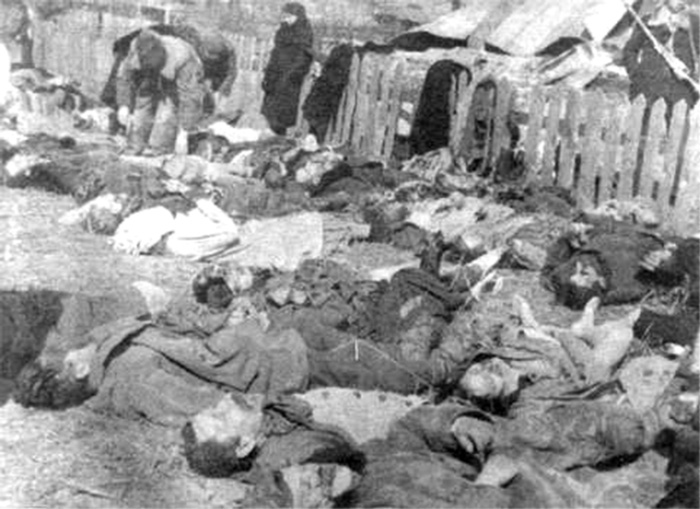
The killings were directly linked with radical Ukrainian nationalist Stepan Bandera’s Organization of Ukrainian Nationalists and its military arm, the Ukrainian Insurgent Army.
Their goal was to purge all non-Ukrainians from a future Ukrainian state. They wanted not only to purge Polish civilians, but also to erase all traces of Polish presence in the area.
The prelude to the murders of the Polish population in Wołyń was carried out on 9 February 1943 by a unit of the Ukrainian Insurgent Army, which murdered 173 Poles in the village of Parośla I by tying up the victims and slaughtering them with axes.
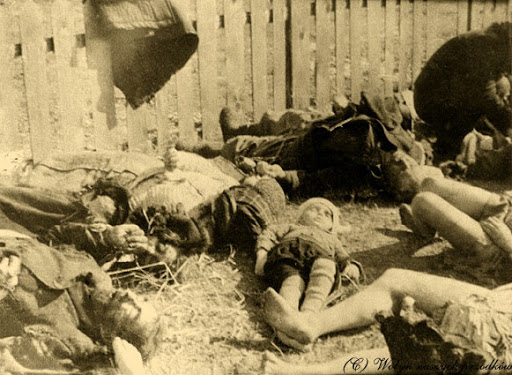
Ukrainian attacks against Poles intensified on 11 July 1943. At the crack of dawn that day Ukrainian insurgent detachments, supported by local Ukrainians, simultaneously surrounded and attacked 99 Polish villages in the Kowel, Włodzimierz Wołyński, Horochów and Łuck districts. The Ukrainians ruthlessly slaughtered Polish civilians and destroyed their homes.
Villages were burned to the ground and property was looted. Researchers estimate that on that day alone the number of Polish victims may have amounted to some 8,000 people, mostly women, children, and the elderly.
The genocidal massacre carried out on that day has gone down in history under the name of Bloody Sunday, and it was undoubtedly one of the darkest chapters of the Wołyń Crime.
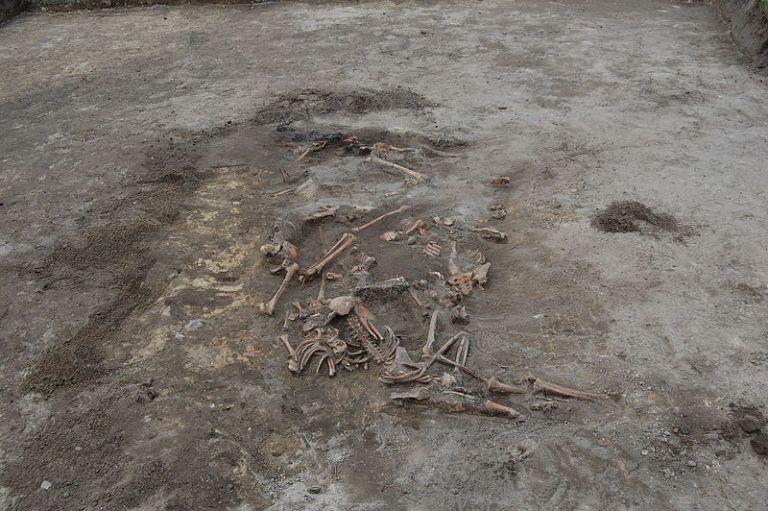
This coordinated operation lasted until July 16th, but the massacres still continued. In July 1943 alone, 530 Polish villages were cleared of their residents and burned. Only a minority managed to escape.
A new wave of massacres took place in early 1944 that took advantage of the withdrawal of the German army.
Between 1943 and 1945, Poles were murdered in 1865 in places in Wołyń. The biggest massacres took place in Wola Ostrowiecka, where 628 Poles were murdered, in Gaj – 600, in Ostrówki – 521 and Kolodno – 516.
The murders were committed with incredible cruelty. Many were burnt alive or thrown into wells. Axes, pitchforks, scythes, knives and other farming tools rather than guns were used in an attempt to make the massacres look like a spontaneous peasant uprising.
There are many Polish testimonies regarding the Volhynian massacres. Born in 1941 in Lipniki, Volhynia, Mirosław Hermaszewski (pilot, general of the People’s Army of Poland, and the first Polish cosmonaut, who went into space in 1978) lost 19 members of his family (including his father) during the Volhynian massacres.
The parents of the composer Krzesimir Dębski (born in 1953) met during the defense of the church in Kisielin against the UPA. Luckily, they survived and hid at their Ukrainian acquaintances’. Thereafter, they both joined the 27th Volhynian Infantry Division of the Home Army. The composer was born in Wałbrzych in Lower Śląsk (Silesia).
The family of Father Jacek Salij (Dominican religious writer) comes from Volhynia. Born in 1942 in Budy in Volhynia, Salij recalls his family’s experience: “We did not fall victim to the genocide sweeping across Volhynia thanks to one Ukrainian neighbor lady whom my parents knew only by sight. She came running to warn us that the Banderites were close and that they were murdering Poles. She took great trouble to walk all the way from the village to our home. Moreover, she took great risk because [the warning] could have cost her dearly. We managed to escape. On our way, we passed a widow we knew who was escaping on a wagon with
her children. But the Banderites caught and murdered them. This was on April 15.
In her testimony given to the IPN, Jadwiga Majewska, born in 1933 in Huta Stepańska, recounts the details of the evacuation and the self-defense of hat village to Sarny on July 18, 1943: “I was the only one who stayed behind because I decided to return home to get the picture I got for my First Communion. I tried to catch up with the wagon but there were too many people. I saw a lot while I was chasing the vehicle. Mom was shouting and stretching out her arms to help me onto the wagon but I slipped behind because of that crowd. I saw many corpses. I remember that we were attacked during our escape. […] I saw the Banderites shooting and shouting: ‘Hoorah, hoorah, slaughter the Lakhs’.
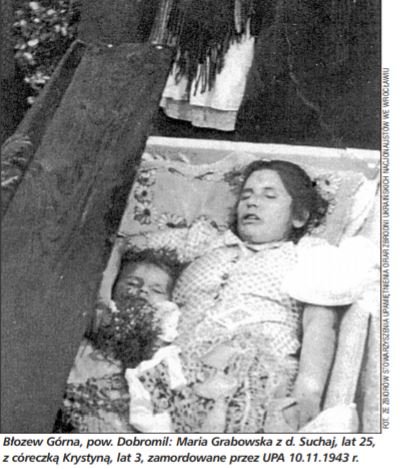
In the blood frenzy, the Ukrainians tortured their victims with unimaginable bestiality. Victims were scalped. They had their noses, lips and ears cut off. They had their eyes gouged out and hands cut off and they had their heads squashed in clamps. Woman had their breasts cut off and pregnant woman were stabbed in the belly. Men had their genitals sliced off with sickles.
In the opinion of the historian Prof. Grzegorz Motyka, an expert on Polish-Ukrainian issues, “although the anti-Polish action was an ethnic cleansing, it also meets the definition of genocide”.
To commemorate the massacre, in 2016 the Polish parliament instituted the National Day of Remembrance of the Victims of Genocide committed by Ukrainian nationalists against citizens of the Second Republic of Poland, at the same time labeling the massacres an act of genocide.
Laying a wreath at the Wołyń Massacre memorial in Warsaw today, President Andrzej Duda said that Poland wanted Polish-Ukrainian relations to be as good as possible.
“If we are talking today about the building of relations between our nations, between the Polish and Ukrainian people, between our states – and let me stress here, that we want (…) these to be the best possible relations – there is one thing known for sure. We need remembrance so that what happened then, will never repeat itself between our nations and our people.”
This is problematic though if Ukrainians refuse to admit their crimes and honor war-criminals. We cannot move forward in this kind of atmosphere.
Sources:
IPN
“The First News”
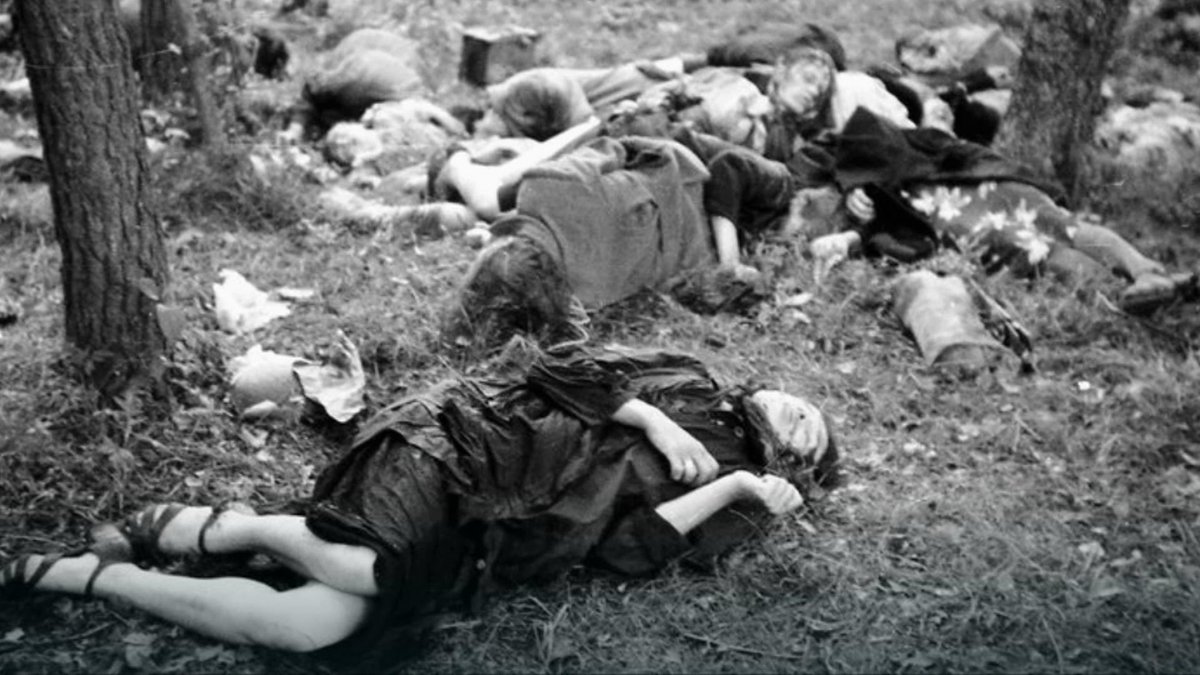
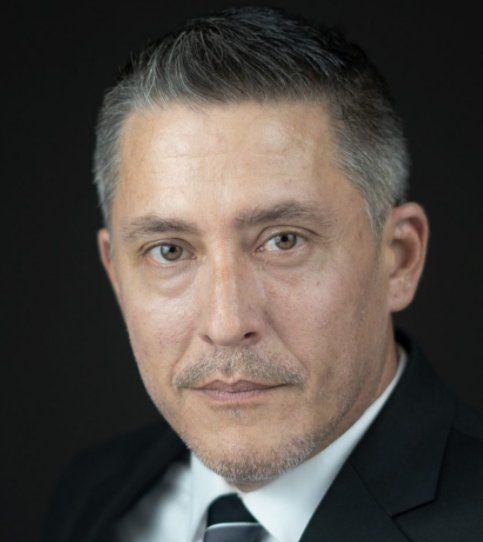

Dodaj
komentarz
By dodać komentarz musisz być zalogowany. Zaloguj się.
Nie masz jeszcze konta? Zarejestruj się.